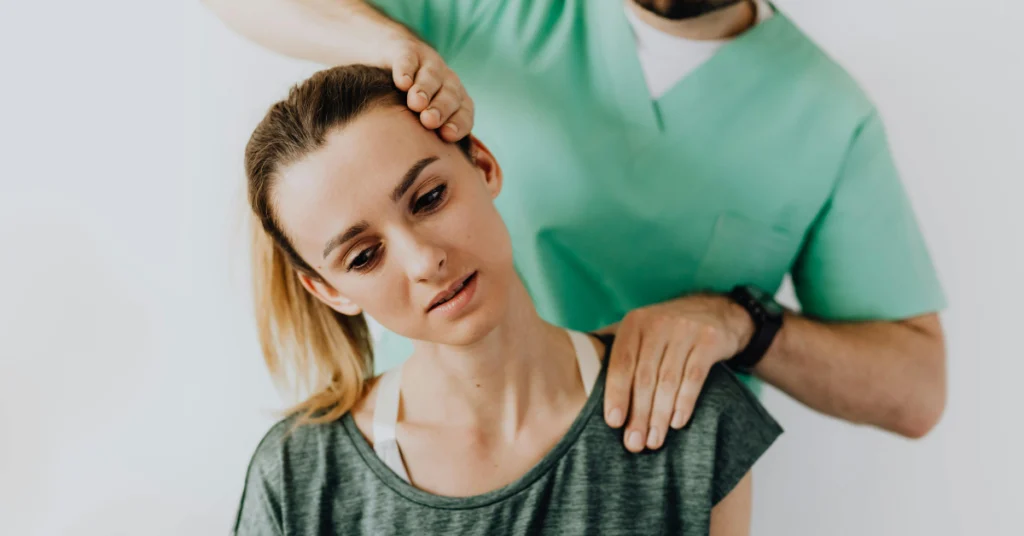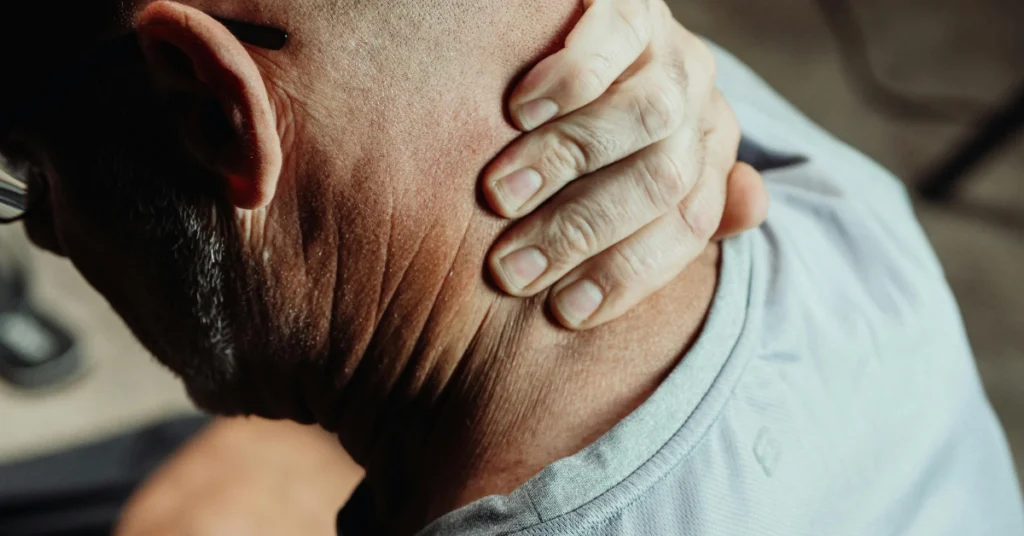
Summary
8 Critical Steps to Win Your Injury Claim in Atlanta, GA
Navigating a personal injury claim can be daunting, but these 8 critical steps to win your injury claim in Atlanta, GA, can guide you toward a smoother process. For Atlanta residents dealing with car accidents, slip-and-falls, or workplace injuries, understanding the legal landscape is vital to protecting your rights. Whether you’re recovering in a bustling neighborhood like Buckhead or a vibrant community like East Point, these 8 critical steps to win your injury claim in Atlanta, GA, offer practical insights to help you move forward.
This article, crafted by Michael Jones Law Office with 12 years of experience, is designed to educate, not to promise specific outcomes. Please note that this content is for informational purposes only and does not constitute legal advice. Always consult a qualified attorney for personalized guidance, as injury cases vary based on individual circumstances.
If you’re just beginning to navigate injury law in Georgia, it’s helpful to start with a broader understanding. Check out 7 Essential Tips to Boost Your Injury Case in Atlanta, GA
Why Injury Claims Matter in Atlanta
Atlanta’s fast-paced urban environment, with its busy highways like I-85 and crowded venues like Piedmont Park, sees a high volume of personal injury incidents. From car crashes in Midtown to construction site accidents near Hartsfield-Jackson Airport, injuries can disrupt lives and finances. Georgia law allows victims to seek compensation for medical bills, lost wages, and pain and suffering, but the process is complex. Below, we outline 8 critical steps to win your injury claim in Atlanta, GA, to empower you with knowledge while adhering to the ethical guidelines of the Georgia Bar Association, avoiding guarantees of results.
1. Seek Immediate Medical Attention
The first step, is to prioritize your health. After an injury, seek medical care immediately, whether at a hospital like Emory University Hospital or a clinic in Decatur.
- Why It Matters: Medical records document the extent of your injuries, which is crucial for proving damages. Delaying treatment can weaken your claim, as insurance companies may argue your injuries were not severe.
- Local Insight: Atlanta’s healthcare hubs, like Grady Memorial Hospital, are equipped for trauma cases common in car accidents on I-285.
Tip: Keep all medical receipts and follow your doctor’s treatment plan. This strengthens your case by showing you took your recovery seriously.

2. Report the Incident Promptly
Reporting the injury to the appropriate authority is a key step. For example:
- Car Accidents: File a police report with the Atlanta Police Department or Georgia State Patrol.
- Workplace Injuries: Notify your employer and file a workers’ compensation claim.
- Premises Liability: Inform the property owner (e.g., a store manager in Atlantic Station) and document the incident.
Local Tip: Atlanta’s high traffic areas, like Downtown or Peachtree Street, often require quick reporting to ensure accurate police documentation.
Tip: Obtain a copy of the report and note the officer’s or manager’s contact information for your records.
3. Gather Evidence at the Scene
Collecting evidence is one of the steps, as it supports your version of events. If safe, take these actions:
- Photos/Videos: Capture the accident scene, injuries, and hazards (e.g., a wet floor in a Buckhead restaurant).
- Witness Information: Collect names and contact details of bystanders, common in crowded areas like Centennial Olympic Park.
- Details: Note the time, location, and conditions (e.g., weather on I-75).
Local Insight: Atlanta’s diverse settings, from construction zones in West End to retail hubs in Lenox Square, make scene-specific evidence critical.
Tip: Store evidence securely and share it with your attorney to build a strong case.
4. Understand Georgia’s Personal Injury Laws
Georgia’s legal framework shapes your claim. Key laws include:
- Modified Comparative Negligence: If you’re partially at fault (less than 50%), your compensation may be reduced. For example, if you’re 20% at fault in a Midtown car crash, you could receive 80% of the damages.
- Statute of Limitations: You have two years from the injury date to file a lawsuit in Georgia (O.C.G.A. § 9-3-33).
- No-Fault Option: Georgia is not a no-fault state, so you typically pursue compensation from the at-fault party’s insurance.
Local Tip: Atlanta’s congested roads, like Spaghetti Junction, often lead to disputes over fault, making legal knowledge essential.
5. Document Your Damages Thoroughly
To maximize compensation, document all losses related to your injury, including:
- Economic Damages: Medical bills, rehabilitation costs, and lost wages.
- Non-Economic Damages: Pain and suffering, emotional distress.
- Future Costs: Ongoing treatment or reduced earning capacity, common for severe injuries in Atlanta’s construction industry.
Local Insight: Atlanta’s high cost of living, especially in neighborhoods like Virginia-Highland, amplifies the financial impact of injuries, making thorough documentation critical.
Tip: Keep a journal of your pain levels and daily challenges to support non-economic claims..
6. Avoid Early Settlement Offers
Insurance companies often offer quick, low settlements to minimize payouts. These offers may not cover long-term costs, especially for injuries requiring extended recovery.
- Why It’s Risky: Accepting an early offer waives your right to seek further compensation.
- Local Context: Atlanta’s insurance market, serving major corporations in Midtown, is aggressive in pushing early settlements.
Tip: Consult an attorney before accepting any offer to ensure it reflects your full damages. This aligns with these 8 steps.
7. Consult a Qualified Attorney
While not mandatory, consulting an attorney can clarify your options. An experienced lawyer can:
- Negotiate with Insurers: To secure fair compensation.
- Navigate Court: If your case goes to trial in Fulton County Superior Court.
- Advise on Strategy: Based on Georgia’s complex injury laws.
Local Resource: Atlanta’s legal clinics, like those at Georgia State University College of Law, offer free consultations for low-income residents.
Tip: Choose an attorney familiar with Atlanta’s courts and injury cases, but verify their credentials independently.
8. Leverage Atlanta’s Community Resources
Atlanta offers numerous resources to support injury victims, enhancing your claim’s success:
- Medical Support: Clinics like the Atlanta Volunteer Lawyers Foundation connect victims with healthcare providers.
- Legal Aid: Organizations like Atlanta Legal Aid provide guidance for navigating claims.
- Community Groups: Support groups in Clarkston or Decatur offer emotional and practical advice for recovery.
Local Integration: Events at the Martin Luther King Jr. National Historical Park often include legal workshops for residents, fostering community support.
Moving Forward with Confidence
Pursuing a personal injury claim in Atlanta requires diligence and knowledge these steps we hope you can protect your rights and pursue fair compensation.
The content of this post empower you to navigate Georgia’s legal system with clarity. From seeking medical care to leveraging Atlanta’s resources, these steps provide a roadmap for success. Take the first step today by educating yourself and preparing thoroughly.
Want to learn more? Visit U.S. Department of Justice (DOJ) – Civil Rights Division
Disclaimer: This article is for informational purposes only and does not constitute legal advice. Injury cases are unique, and outcomes depend on specific circumstances. Consult a licensed attorney for personalized advice.
About Michael Jones Law Office: With 12 years of experience, Michael Jones and the Michael Jones Law Office are dedicated to educating Atlanta’s residents about personal injury law. Located in Atlanta, the firm empowers individuals to navigate their legal journeys with confidence.
